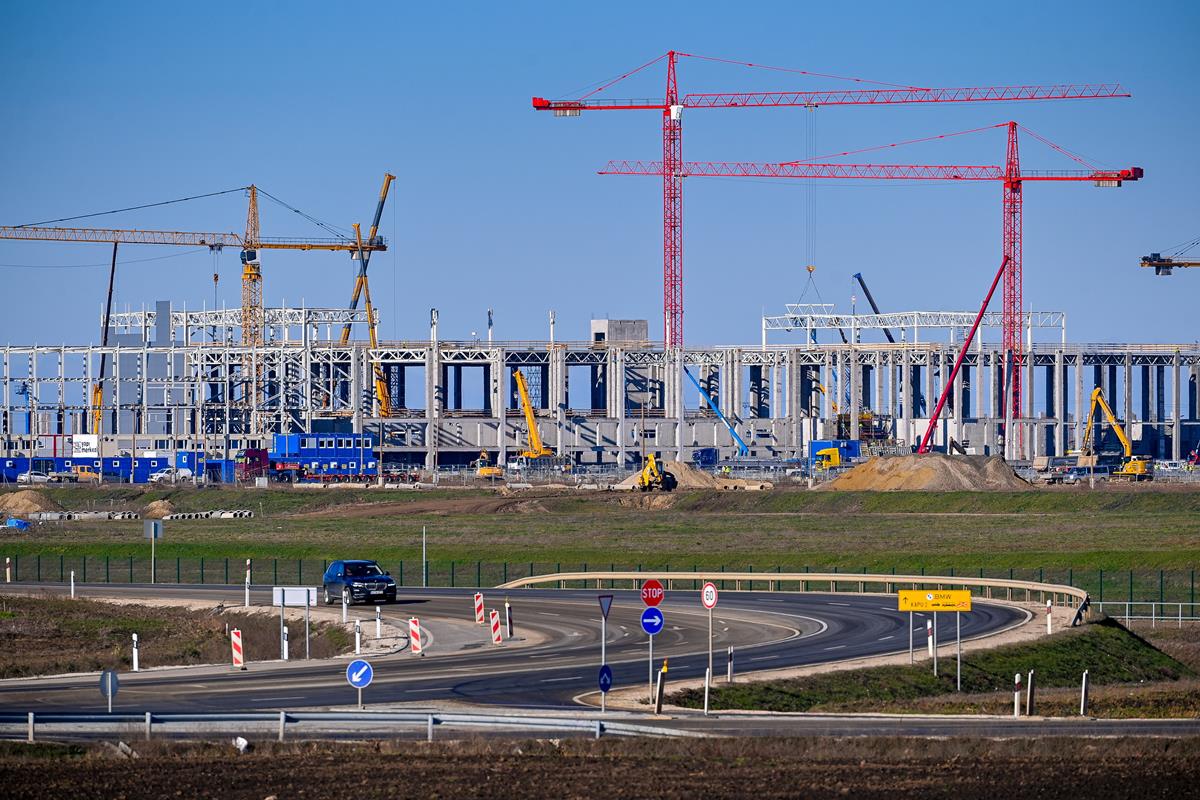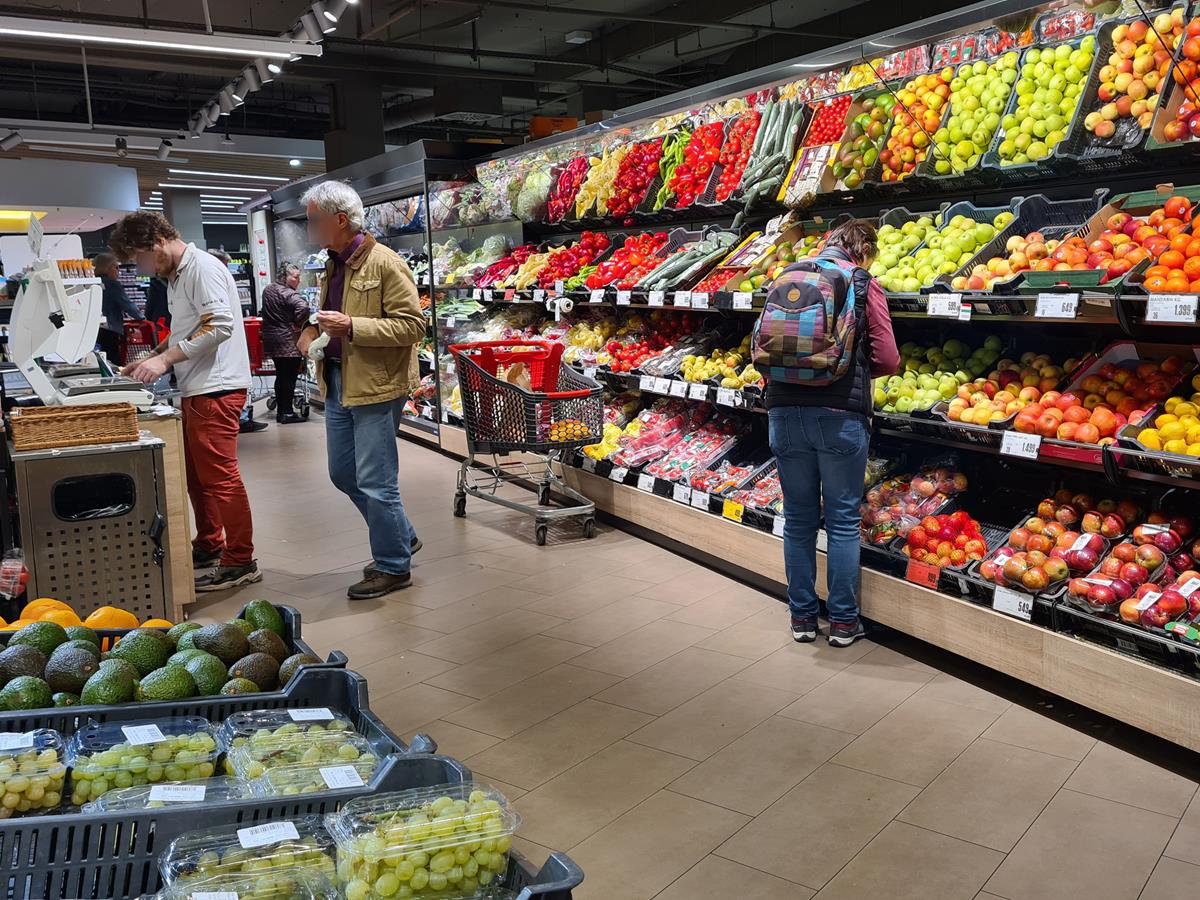Hungarian government’s new nationalising plan could violate EU law

The Hungarian government could buy up building materials for export at a set price. From the stock, the government would establish National Building Materials Stores, based on the National Tobacco Shop model. The bill which plans nationalisation could severely hinder international companies and violates fundamental EU laws.
The government is planning to intervene in another part of the Hungarian economy with nationalisation, hvg.hu has learned. The bill would help private individuals and families receiving baby grants and home purchase subsidies. On a macro level, however, the bill could pave the way for the state to take over international firms.
Export restrictions
The bill could establish new relations between the state and construction material-producing companies. The minister responsible for the construction industry, János Lázár, could impose a ban on the export of construction materials if the export “significantly impedes or renders impossible the establishment, operation, maintenance or development of critical infrastructure”.
Foreign trade does not require state approval, however, exports are subject to the right of first refusal of the state regarding registered materials and products. The government could put a fixed price level for a particular product, which the manufacturer must respect.
The bill would complement a previous decree, which imposed a 90 percent royalty on companies with a turnover of over HUF 3 billion (EUR 7.8 million) producing fired clay and ceramic building materials in Hungary if they sell their products above a certain price level.
Hvg.hu calculates that this price level is much lower than current building material prices. The bill could specifically target foreign companies. There are only three companies in Hungary that will be affected by the bill: the Austrian-owned Wienerberger and Zalakerámia, and the French Creaton. These companies are therefore forced to produce at a loss.
With stocks bought below market price, the government could establish a “National Building Materials Trading Network”. This system would favor those individuals, who are already benefitting from governmental subsidies.
The bill also prepares for the scenario of foreign companies leaving the country because of the law. In order to “protect and boost the Hungarian construction materials industry”, the state would have the right of first refusal in the event of the sale of construction materials factories.
Infringements of EU regulations
The bill could be identified as an obstacle to international trade, which is prohibited in the EU. While the right of first refusal for products in itself does not breach any EU law, restricting it to products for export does.
The same applies to the right of first refusal for building materials factories, which would prevent the free movement of capital and international trade. Before the bill can enter into force, it must be approved by the European Commission. This could be a huge obstacle, given the distortion of competition in the market envisioned by the rule makers.
Source: hvg.hu



It is almost as if the Communists never left
It is almost as if the Communists never left power.
Orban was in his youth a communist.
No, no the communists left, the vacuum filled by fascists. Doesn’t matter what Orban was he’s a full blown autocrat now.
Jani, you mean the National Socialist have filled the vacuum!!
Lets see. Gas, power, trash collection, Old Castles, The Universities, Vodafone, now building materials. Oh, and the supermarkets have already been warned that they are next. I wonder when the auto factories will be nationalized. I was nationalized myself back in 2011. That has lost some of its shine.
Because central planning of the economy worked so well for the Soviet Union?
“We” just love Putin’s way of governing: Either the State owns it, or his nearest and dearest (and boot-licking pals) own it. If you step out of line, or fall out of favour, you get pushed out of a window.